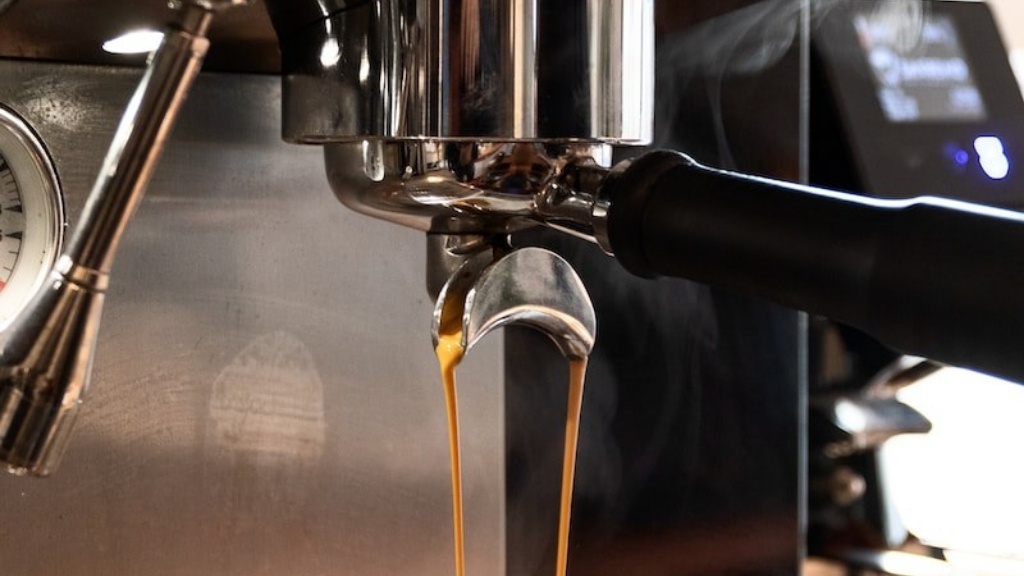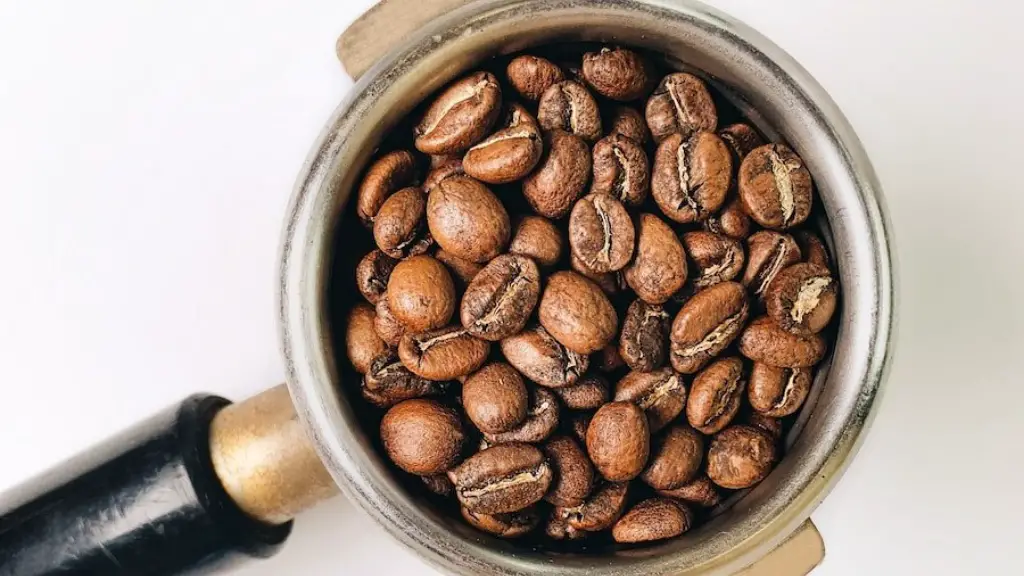Whether it’s for that extra boost in the morning or for a late night study session, caffeine has become the go-to for many people. Coffee, in particular, is the favored pick-me-up due to its high caffeine levels. But when it comes to working out, many people are still unclear whether it is best to consume coffee before or after a workout.
From an energy point of view, coffee can give you an improved performance during exercise. It increases adrenaline levels, enabling people to exercise for longer and harder. According to a 2010 study by the ‘Journal of Strength and Conditioning Research’, consuming caffeine before moderate to intense exercise can improve anaerobic energy and fatigue resistance. It can also reduce perception of exertion and pain during exercise.
Caffeine not only affects how your body performs but also how it feels. It has been proven to work as an effective painkiller, which can help participants to train harder with less discomfort. A study published in ‘The Journal of Pain’ found that caffeine consumption can reduce pain caused by intense exercise up to 48%.
Despite its benefits, there is evidence to suggest that, for some people, drinking coffee before a workout can lead to serious gastrointestinal distress, cramping and nausea. In 2013, the ‘World Journal of Gastroenterology’ published an article which reported that caffeine can stimulate the digestive system and speed up bowel movements, hence the feeling of nausea for some people when taking coffee before exercise.
The most effective way to make sure coffee has a positive impact on your performance is to understand your individual body. Experienced athletes tend to measure the effects of a cup of coffee on themselves and adjust their dose accordingly. If you are affected by nausea and cramps, it is best to switch to decaffeinated coffee or other sources of energy such as banana or dates before your workout.
Coffee in Terms of Recovery
Coffee can also be used as an aid in recovery. Consuming caffeine after exercising can reduce muscle soreness and enhance the repair of muscle damage. Research from the ‘Journal of Pain’ found that participants felt over 25% less muscle pain after taking a dose of caffeine within four hours after a resistance training session. Moreover, caffeine can also speed up your metabolism, increasing the rate at which your body recovers from exercise-induced fatigue and soreness.
It is important to note that caffeine does not replace healthy replenishment of lost nutrients and fluids. In fact, studies have shown that the effects of caffeine become more pronounced when consumed in combination with carbohydrates, proteins, and electrolytes. Therefore, as long as your pre- and post-workout meals are nutritionally balanced, coffee can help you speed up your recovery after a workout.
Coffee During Endurance Exercises
If your exercise routine requires endurance, drinking coffee before your workout may improve your performance. Ethiopia’s former marathon world record holder Abebe Bikila, who famously won the 1960 Olympic Marathon in Rome, was known to drink coffee shortly before his races. A 2015 study conducted by the ‘International Journal of Sport Nutrition and Exercise Metabolism’ revealed that caffeine can improve endurance performance in events that last at least 45 minutes.
Caffeine also has a positive effect on motivation. According to research from Charlotte Mason, a professor of psychology and exercise science at the University of Toledo, USA, caffeine can increase the number of endorphins that the body releases during exercise, making the practice more enjoyable for some people.
Furthermore, caffeine has a diuretic effect, which can reduce dehydration if consumed an hour before exercising. Bear in mind, however, that this should not replace proper hydration before, during and after any type of workout.
Alternatives for Pre-Workout Fuel
While coffee can significantly improve your workout, it is not the only ingredient that helps you go the extra mile during exercise. Other significant sources of pre-workout fuel come from carbohydrates, which provide energy to the working muscles. Natural sources, such as bread, pasta, potatoes, and grains, are always the best options as they are rich in fiber and slow-releasing sugars. Additionally, some people benefit from additional energy sources such as energy gels which provide instant energy.
It is essential to take into account the timing of your meals and snacks. In general, carbs should be consumed an hour or two before your workout in order to give your muscles enough time to digest and use them for fuel. If you tend to feel bloated after eating carbs, then it is best to leave it until closer to the exercise time.
Caffeine Intake Guidelines
Caffeine tolerance will vary from person to person, so it is best to get to know the effects that drinking coffee can have on your individual workout performance. Pay attention to your body and adjust your intake accordingly. The amount of caffeine recommended by the American Dietetic Association to enhance exercise performance ranges from 2-3 mg per kilogram of body weight. It is advised not to exceed 6 mg per kilogram of body weight as this can be detrimental to health.
Finally, bear in mind that the potential effectiveness of caffeine decreases if an athlete consumes it constantly. It is important to time your intake carefully, drinking coffee wisely and periodically in order to ensure optimal performance both during and after exercise.



